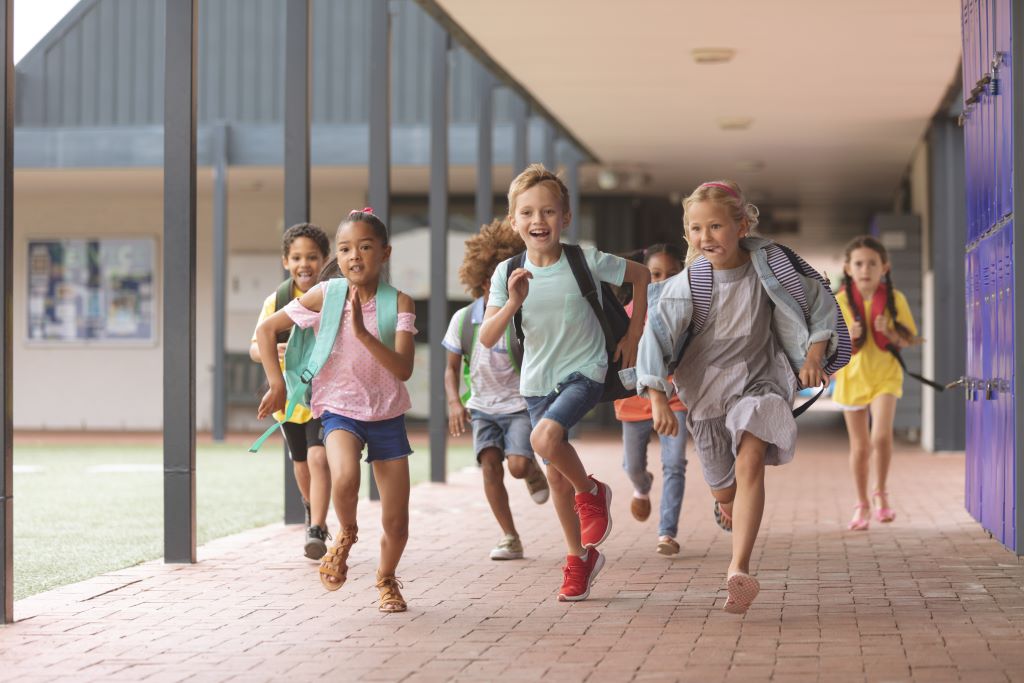Childhood Sexual Abuse
Childhood sexual abuse consists of either forced or coerced sexual behaviour imposed on a child by an older person. The coercion may or may not be obvious and in fact, may be quite subtle. Incest is the most common form of childhood sexual abuse and is the abuse of a young person by an immediate or extended family member.
Features of childhood sexual abuse include the violation of a child’s choice to explore sexuality at their own pace and level of development and:
- the misuse of adult power for selfish ends
- the betrayal and denial of a child’s need to feel safe and valued
- the violation of a child’s personal boundaries and sense of self
- traumatic experience which may have effects lasting into adult life, and
- the abuse can lead to impacts on brain development and functioning of the nervous system.
How common is childhood sexual abuse? Studies have indicated that one in four girls and one in eight boys are sexually abused in some way before the age of eighteen. These are conservative estimates but are indicative of a large number of children and adults who are either still being abused or are trying to cope with their past abuse. It is a very real, but often hidden problem in our society.

